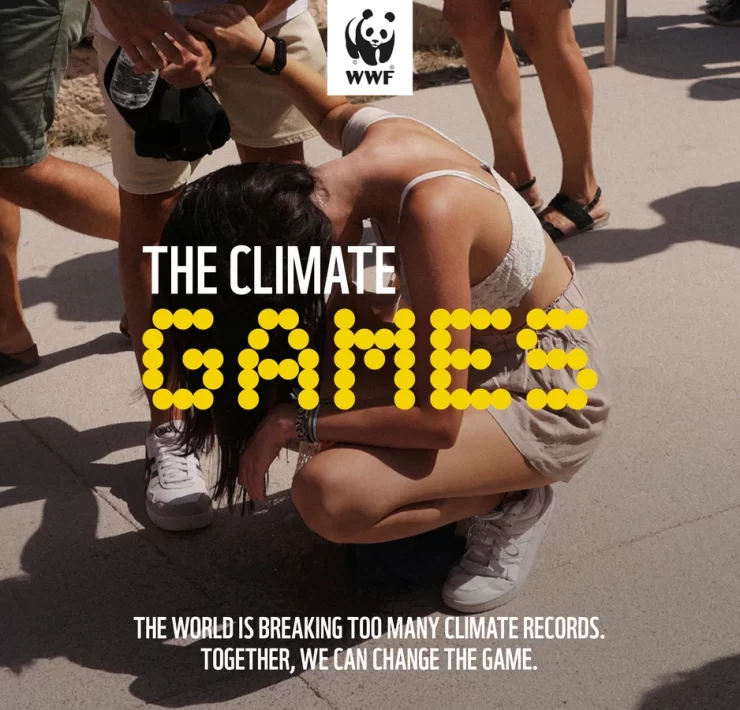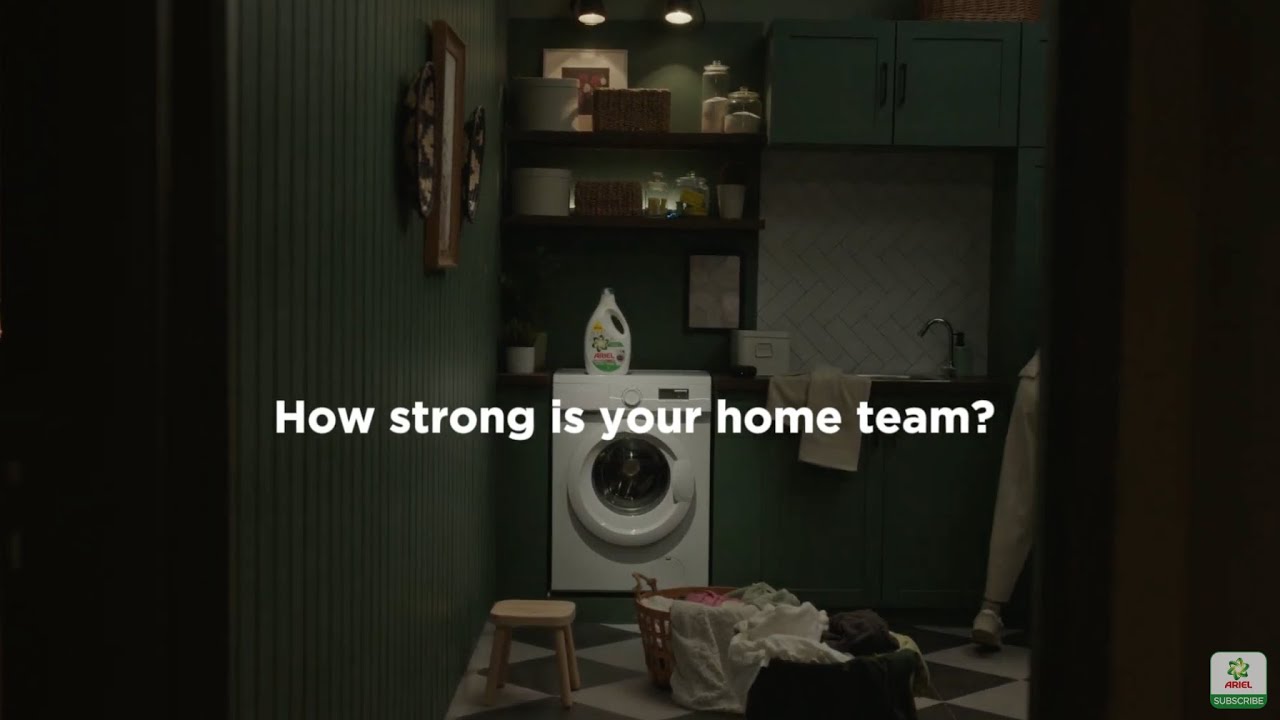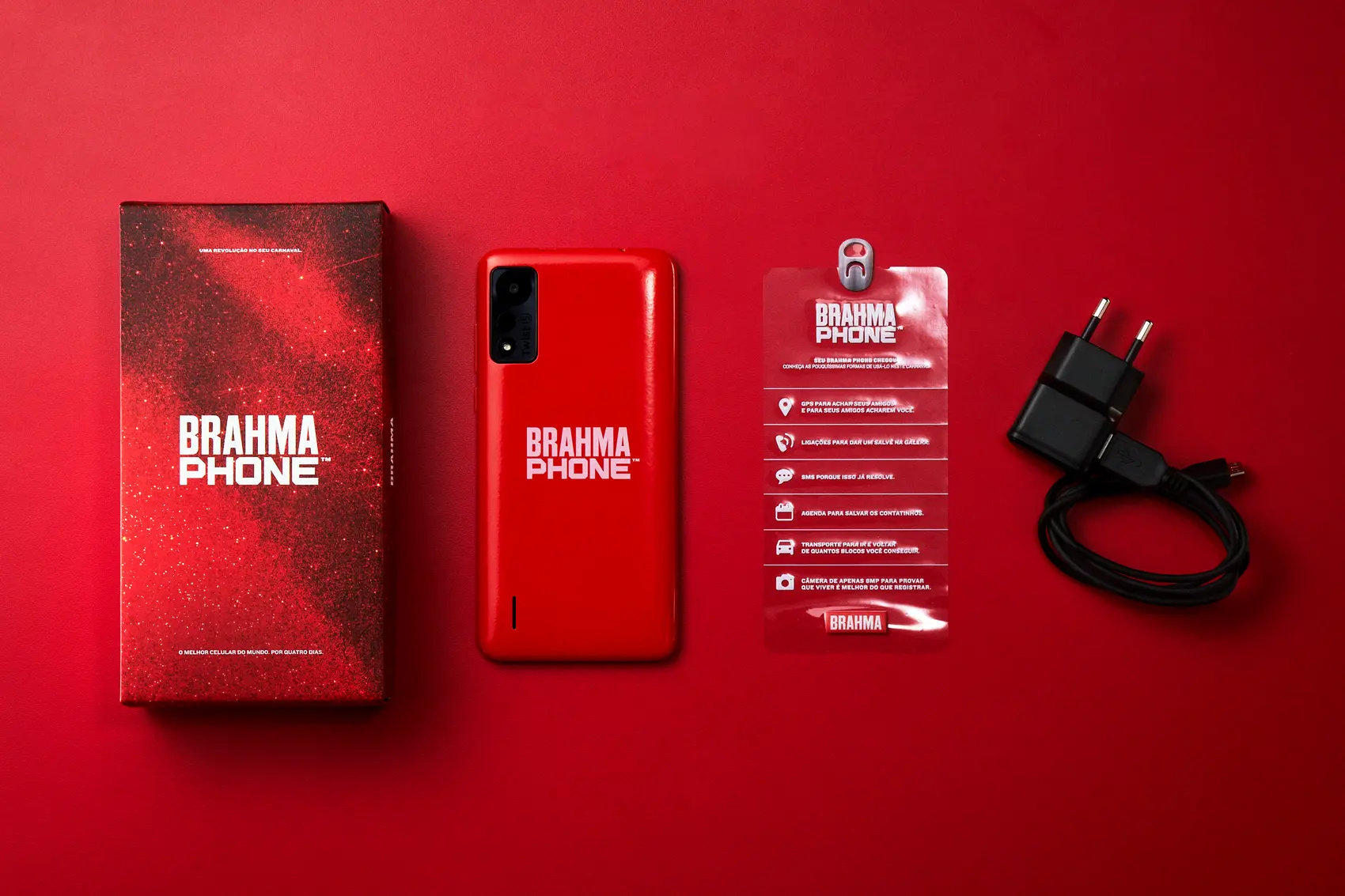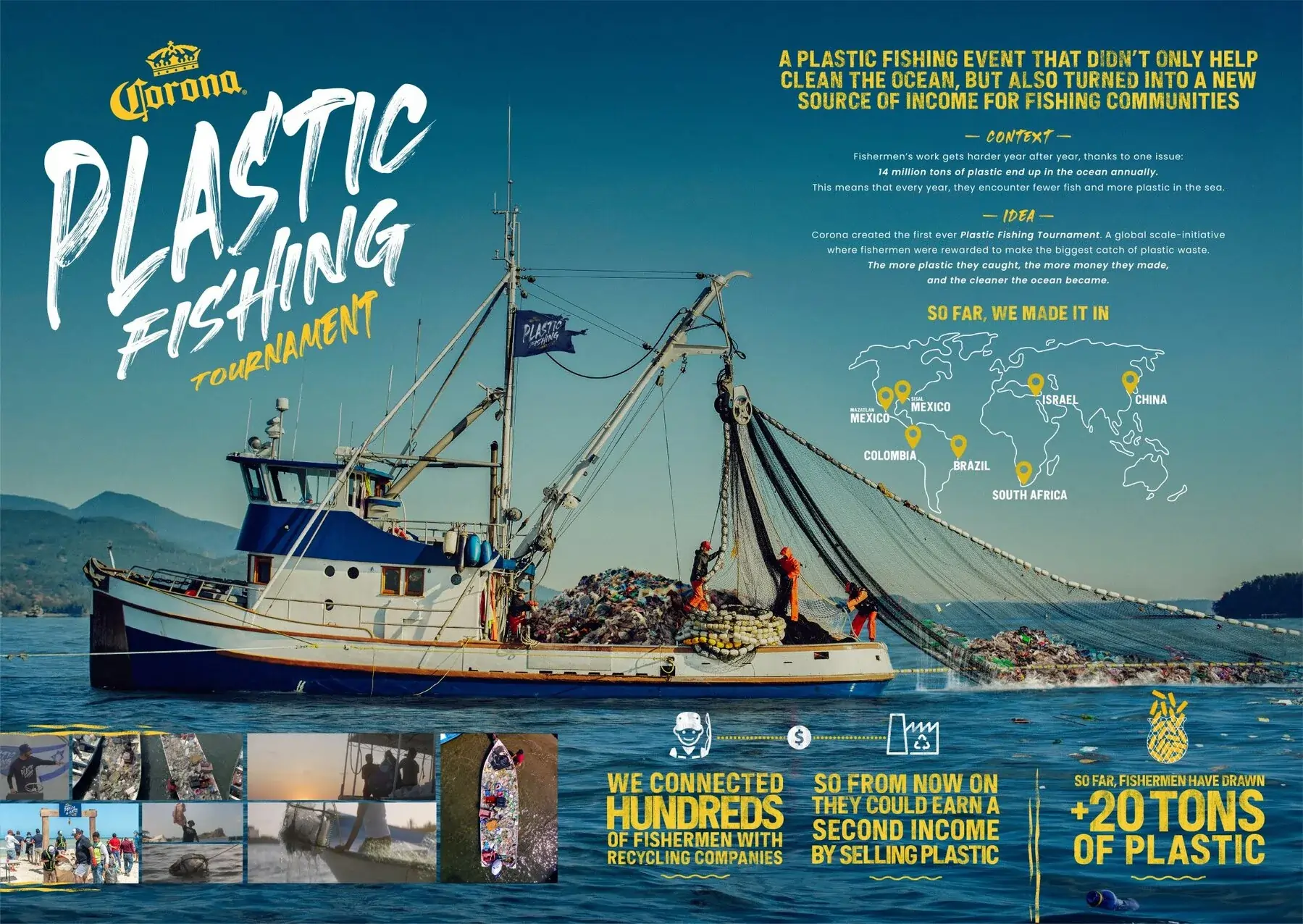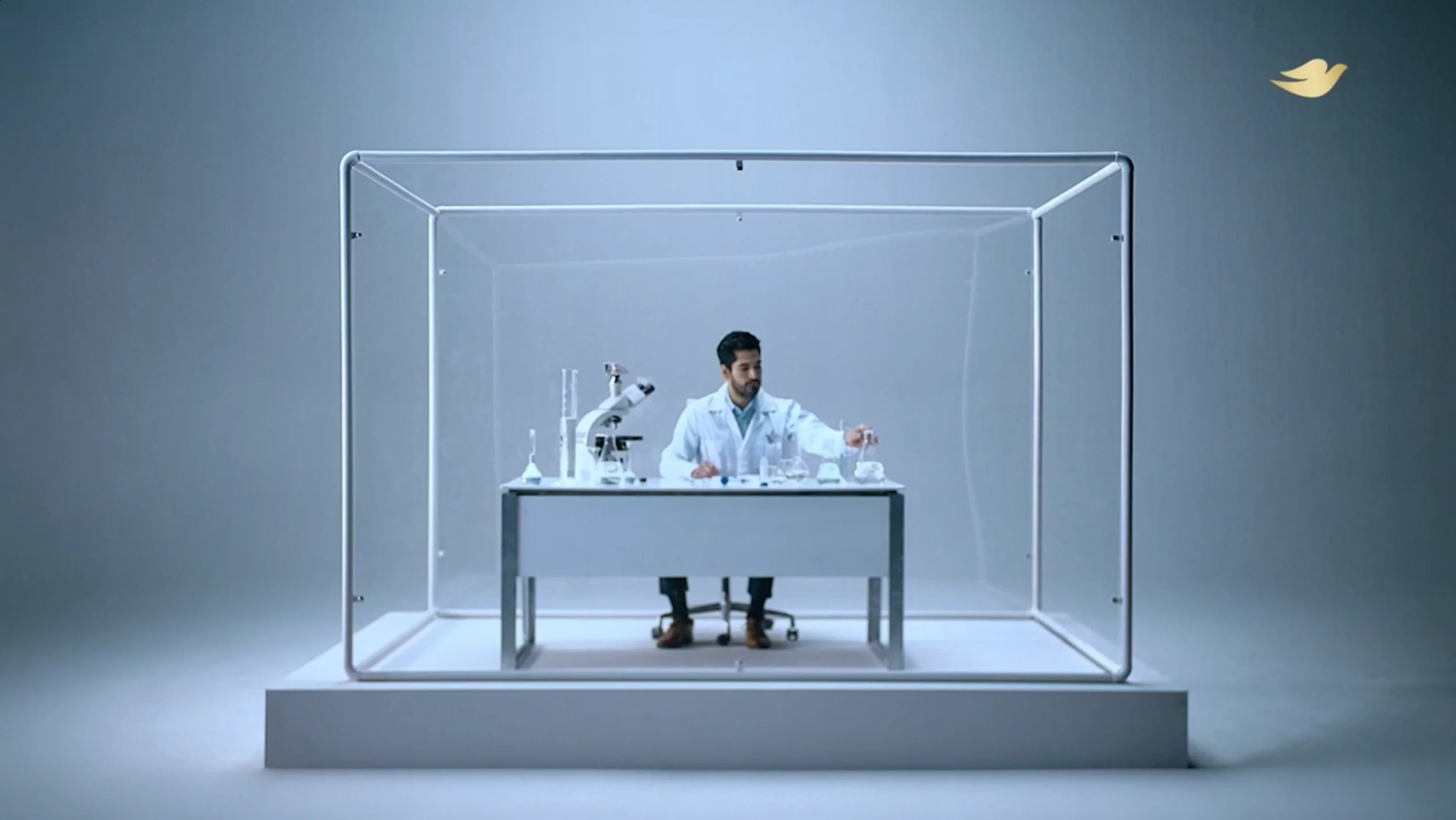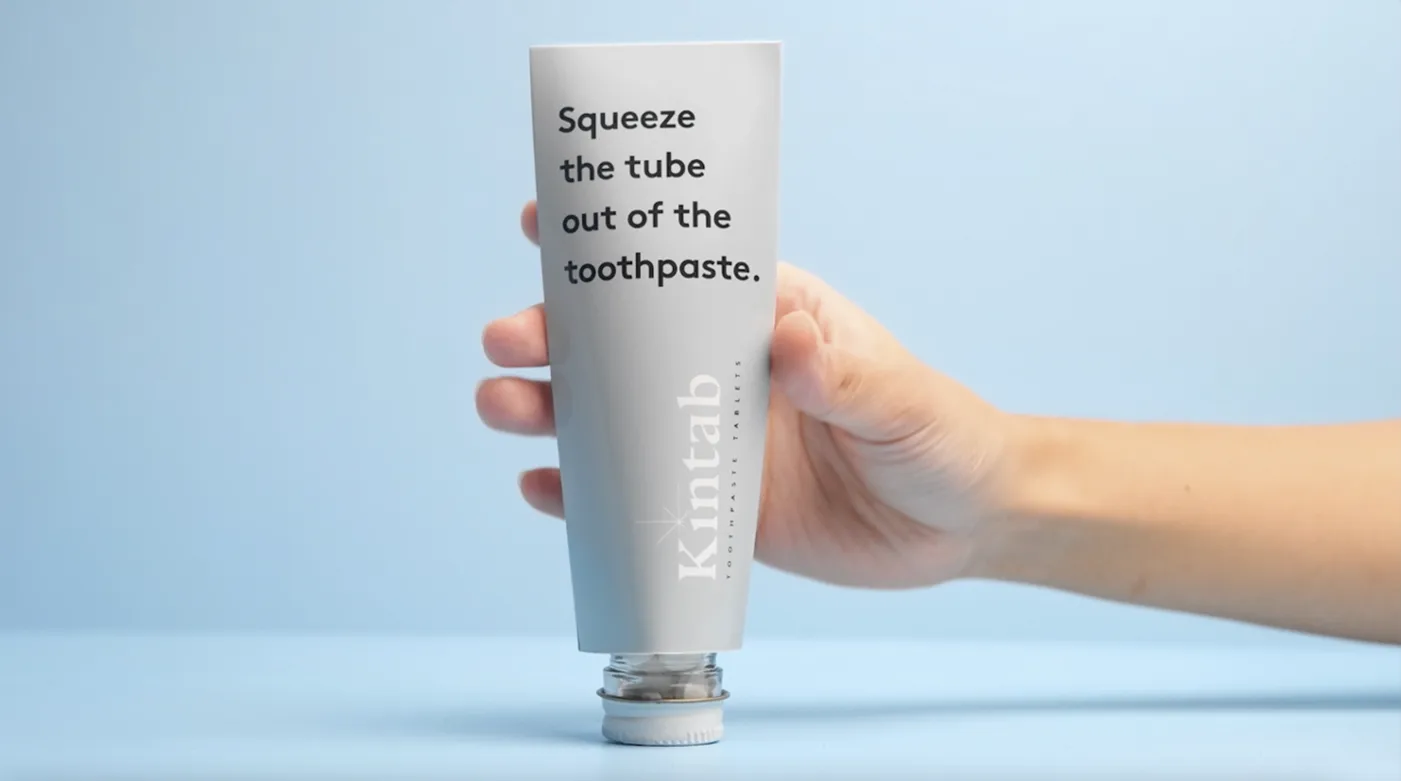WWF: Eurythenes plasticus
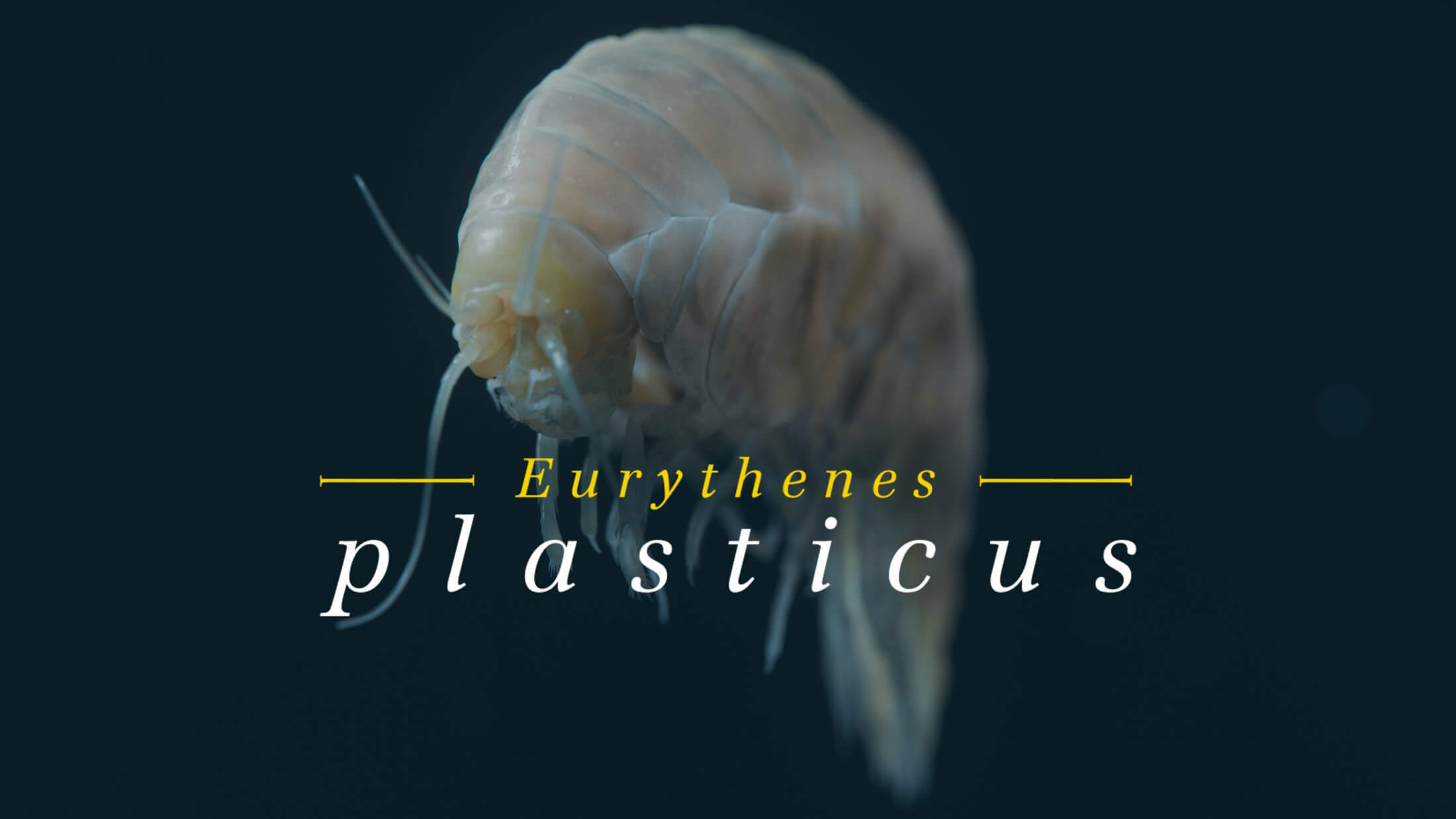
The ocean plastic problem goes deep. Eurythenes plasticus is a newly discovered species, the first in history that has been named after the ocean plastic that contaminates it. Although it lives far away and at great depths, microplastics were already detected in the body of the amphipod when it was discovered.
“Germans are some of the best sorters of rubbish in the world, but well under 30% of our plastic is recycled. Rather than dealing with our own trash, Germany is the third biggest exporter of plastic waste (behind the USA and Japan) to countries in South East Asia. Because of less stringent regulations in these countries, this trash often ends up at landfill where it’s blown around in the wind, into rivers and ultimately into our oceans. Once in the ocean, the plastic gradually breaks down into microplastics and slowly falls to the sea floor where it can take up to 400 years to fully decompose. Ocean plastic is an important ongoing topic for the WWF. We were given the challenge to find a new spin on a problem that has been desensitized over time that could generate widespread attention and action with a very modest budget.”
Creative Idea
“When you find a new species you get to give it a name. To make an environmental statement against ocean plastic, we named a new deep-sea species after the plastic that was found inside its body – Eurythenes plasticus. This new species has been entered into the permanent taxonomic record as living proof that we’re impacting parts of the world we are still discovering. Following the publication of the scientific manuscript and the worldwide press that resulted, we launched a multi-channel campaign collecting petition signatures calling for a legally binding UN agreement to put an end to marine plastic pollution.”
Strategy
“We needed to find a way to get the attention of a desensitized audience to further highlight the ocean plastic problem for our client the WWF. Through research, we found out that deep-sea species were being found with plastic contamination already in their bodies. One such study showed that 72% of the sampled deep-sea crustaceans contained plastic contamination. This insight created an interesting strategic opportunity to show the problem goes far deeper than previously imagined. Furthermore, if we could collaborate with deep-sea scientists to find a new species that had also been contaminated by plastic, we could name it after that very contamination and use the new species as a vehicle for environmental activism. We knew if we could use science to influence the taxonomic record of our planet, we could create a far more convincing and lasting educational impact on our audience than a conventional ad campaign.”
Credits
Agency Network: BBDO
Holding Company: Omnicom Group
Production Company: Sehsucht GmbH, Hamburg
Advertiser Brand: WWF Germany, Berlin
Advertising Agency: BBDO Group Germany GmbH, Duesseldorf
Campaign: Eurythenes plasticus
